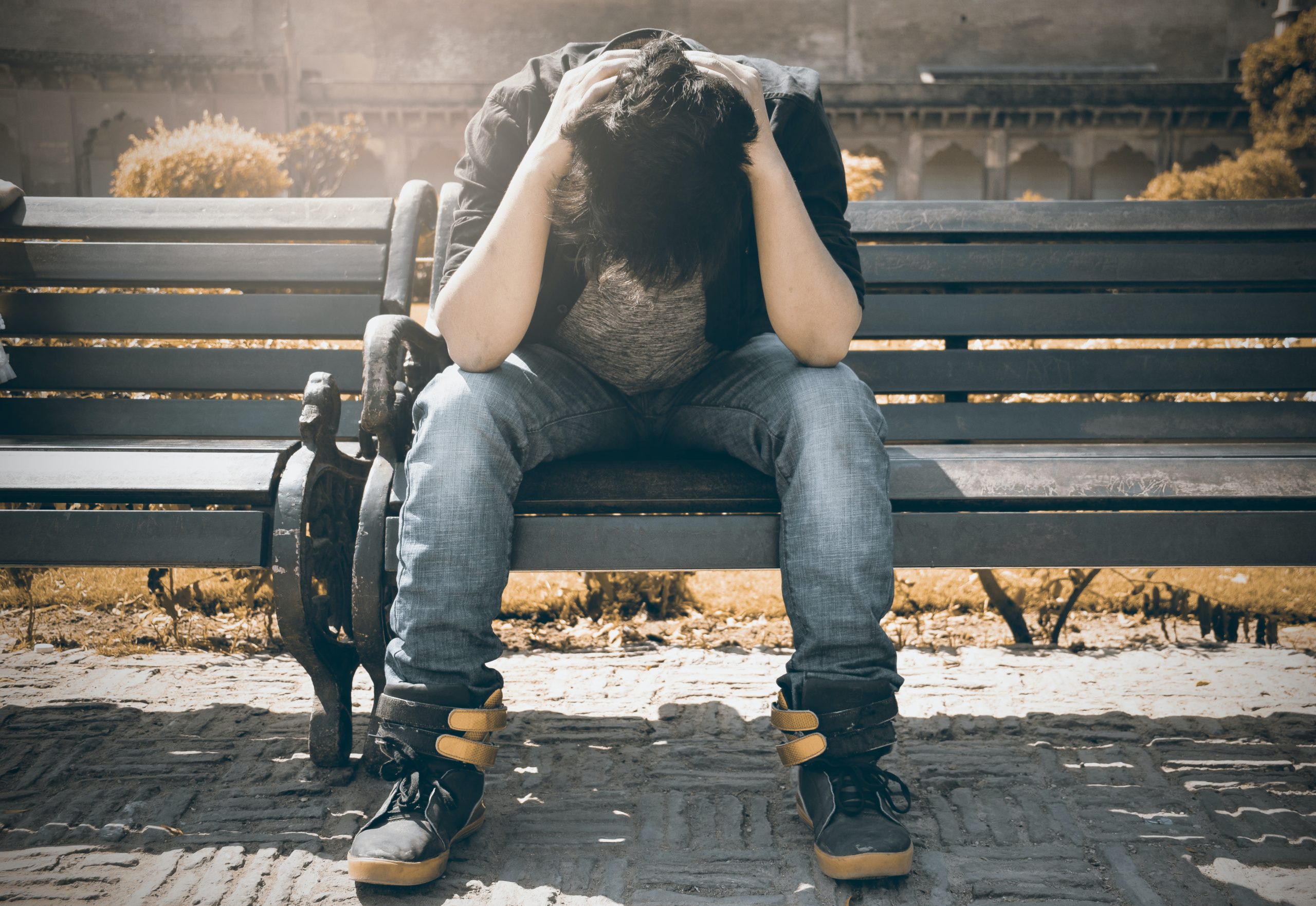Understanding PTSD: What Is it, Symptoms, and Treatment

By Lauren Krouse
It’s normal not to feel normal after you’ve been through a traumatic experience. For days or weeks, you may find yourself struggling with feelings of numbness, trouble sleeping, and anxiety and depression as your mind replays what happened over and over again.
These are symptoms of post-traumatic stress, and they’re your mind and body’s attempts to make sense of the unimaginable. If you’re struggling, you’re not alone. As much as you may want to hide from the world, the most important thing is for you to get the support you need and deserve. Being able to get into a safer situation, talk about it, and feel validated and supported is essential for you to begin feeling better and, in time, heal.
Learn how to cope after a traumatic event here.
In many cases, you can begin to recover with support from loved ones and the passage of time. Sometimes, however, you don’t feel better and the distress from what happened to you can begin to take over your life as weeks and months roll on. You may pull away from others and feel your world shrinking as you try your best to manage intense fear, anxiety, and depression that just won’t go away. If that sounds familiar, you may be experiencing post-traumatic stress disorder, or PTSD.
What Is PTSD?
PTSD is a serious but treatable mental health condition you can experience after a traumatic event or series of traumatic experiences. PTSD can emerge shortly after a traumatic event or many months or even years later, when reminders of your past come back into focus.
Signs and Symptoms of PTSD
There are four main types of PTSD symptoms: intrusive memories, avoidance, negative changes in your thoughts and mood, and changes in physical and emotional reactions. Here’s what they look like:
Intrusive memories
- Repeatedly having distressing memories of what happened
- Having flashbacks or moments when it feels as if the trauma is happening again
- Upsetting dreams or nightmares
- Getting severely upset or overwhelmed when anything reminds you of the event
Avoidance
- Trying to avoid thinking or talking about the event
- Avoiding locations, activities or people that remind you of the trauma
- Leaving a situation because you have unexplained feelings of anxiety or discomfort
Negative changes in thinking and mood
- Being down on yourself, other people, or the world
- Feeling hopeless
- Not remembering things, including important details of the event
- Struggling to keep up relationships or fighting with loved ones
- Feeling detached from or pulling away from your friends and family
- Not feeling interested in activities you used to enjoy
- Having trouble feeling happy
- Feeling numb
Changes in physical and emotional reactions
- Being easily startled or frightened
- Always being on guard for danger
- Drinking too much, getting into fights, doing drugs, or other destructive behaviors
- Trouble sleeping
- Trouble concentrating
- Bursts of anger or aggressive behavior
- Overwhelming guilt or shame
It’s also common to struggle with unhealthy coping mechanisms, such as self-medicating with alcohol or drugs, hurting yourself, or having thoughts of suicide. That’s why it’s important to get help if you’re having suicidal thoughts or talk to a friend if you’re worried they may be suicidal.
If you or someone you know is struggling with thoughts of suicide and you need help now:
- Text HOME to 741-741 for a confidential conversation with a trained counselor any time of day.
- Text or call 988 or use the chat function at 988lifeline.org.
- If someone is in immediate danger, call 911 and say you need support for a mental health crisis.
PTSD Is Treatable, and Everyone—Including You—Deserves Support
When you experience or witness something traumatic, it’s normal to want to shut your brain down or distract yourself from replaying those moments. It’s normal to want to just move on, but distraction rarely leads to healing and it can sometimes make things worse. To get your life back, it’s important to get the support you need so you can learn how trauma is impacting you, find ways to cope with it, and begin to recover and heal.
If you’re worried about yourself or someone you care about, learn more about how trauma and PTSD are treated and how to get help.





